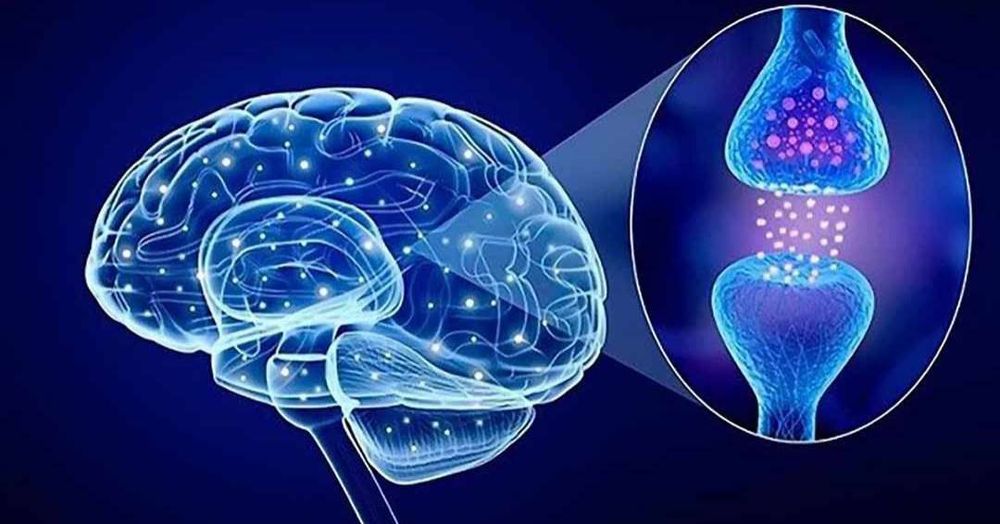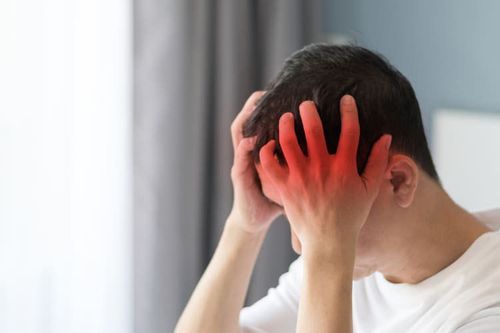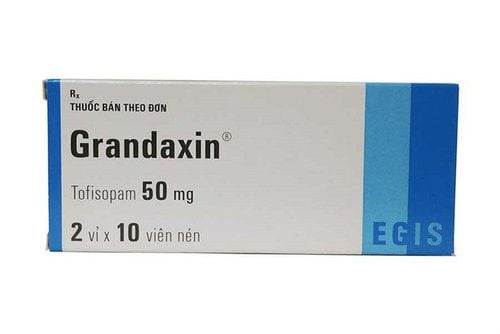Headaches, especially unexplained headaches that occur right after waking up, can make you feel extremely uncomfortable. Researchers have found that oversleeping is one of the primary factors contributing to headaches. So, what should you do in this situation to reduce headaches?
1. How much sleep is considered too much?
In reality, there is no specific number of hours you must sleep to feel fully rested. Your sleep needs may vary depending on various factors, including:
- Your age
- Your level of physical activity
- Your current health condition
- Your mental state throughout the day
Generally, these factors can change significantly throughout life. For example, during periods of stress or illness, you may feel the need to sleep more than usual.
For adults aged 18–60, experts typically recommend getting 7–9 hours of sleep per night. However, in certain cases, some individuals may require more or less sleep to feel their best.
2. Why can oversleeping cause headaches?
Oversleeping is one of the most common causes of headaches. Scientists have found several key links between oversleeping and headaches, including:
2.1 Disruption of serotonin
Studies show that oversleeping significantly impacts neurotransmitters in the brain, especially serotonin.
Normally, serotonin helps regulate your daily biological rhythms and the body’s natural sleep patterns. Additionally, it plays a critical role in rest and recovery processes.
To carry out this function, brain cells (neurons) transport serotonin to various receptors that are genetically programmed to use it for specific purposes. In this case, serotonin signals the receptors to help you either fall asleep or wake up.
This entire process is known as a neural signaling pathway. It is one of many processes in the brain that help your body perform specific tasks, such as activity or rest. You can think of it as a signal from your brain telling your body when to act or relax.
However, oversleeping can disrupt this signaling pathway.

2.2 Sleep disorders
Sleep disorders are another common cause of headaches. These disorders can include sleep apnea or insomnia.
Insomnia means that even if you think you are sleeping, your brain may not fully enter rapid eye movement (REM) sleep, which is a crucial part of the sleep cycle that helps you achieve restful sleep.
According to a study in 2011, insufficient REM sleep causes the body to produce certain proteins that stimulate the nervous system, potentially leading to migraines after waking up.
Sleep apnea is another typical sleep disorder. This condition significantly reduces the amount of oxygen your brain receives during sleep. It can also disrupt REM sleep and limit blood flow to the brain, resulting in headaches upon waking.
2.3 Anxiety
There is a strong link between anxiety and headache disorders (such as migraines). Several studies have shown that anxiety and other mood disorders, like depression, are leading causes of insomnia and oversleeping.
Some people who suffer from migraines tend to experience headaches over the weekend. This is not only caused by oversleeping but also by a reduction in stress levels. Scientists have discovered that decreasing stress can trigger migraines within 6, 12, or 18 hours.
2.4 Other causes of morning headaches
Below are some other possible causes of waking up with a headache in the morning, including:
- Hypersomnia (excessive sleepiness during the day or sleeps excessively at night)
- Excessive anxiety disrupting sleep
- Snoring
- Bruxism (teeth grinding), causing tension in the head and neck
- Dehydration
- Drinking too much alcohol, disrupting the body’s daily biological rhythms
- Skipping meals
- Overuse of caffeine
While you can manage morning headaches on your own if they are related to causes like oversleeping or dehydration, it’s important to note that headaches can sometimes signal a more serious health issue. You should see a doctor immediately if you experience the following symptoms:
- A sudden and severe headache
- Headache following a head injury
- Recurring headaches, especially if this is a new experience for you
- Headache accompanied by other symptoms such as weakness, confusion, vision problems, loss of consciousness, or difficulty breathing

3. How to relieve morning headaches?
Here are some methods that may help you manage morning headaches before they disrupt your daily activities:
- Take medication to reduce headache pain
- Stretch your head and neck muscles to relieve tension
- Stay hydrated by drinking enough water
- Sip a cup of warm herbal tea, such as chamomile or ginger
- Use a hot or cold compress to relax tense muscles and stimulate blood flow
- Try aromatherapy massage using lavender or eucalyptus essential oils
- Practice breathing exercises to relax your muscles
- Lie down and relax for a bit, but avoid falling back asleep
4. How to Prevent Morning Headaches?
A restful and consistent sleep routine is the best way to prevent oversleeping and the associated headaches. Additionally, maintaining a regular circadian rhythm can help reduce or eliminate headache triggers.
Here are some of the most effective methods to achieve quality, stable sleep:
- Go to bed and wake up at the same time every day: This can train your sleep cycle, ensuring more stable sleep.
- Turn off blue light-emitting devices: Avoid using devices like computers or phones an hour before bedtime.
- Avoid heavy meals or excessive fluids right before bed: Drinking too much fluid can cause nighttime trips to the bathroom, disrupting sleep.
- Relax before bedtime: Try listening to music, reading, or meditating.
- Drink warm, non-caffeinated beverages: Herbal teas, for example, can help you unwind.
- Use an essential oil diffuser: Lavender oil is a popular choice for creating a relaxing bedroom atmosphere.
- Create a calming sleep environment: Dim the lights, play soothing music, and ensure your bedding is clean and cozy.
- Keep a glass of water by your bed: This can remind you to stay hydrated when you wake up.
- Try techniques to fall asleep faster: These can include counting backward from 100, counting sheep, or focusing on a single object in your room.
If these methods don’t improve your sleep, it’s best to consult a sleep specialist to check for potential sleep disorders and recommend appropriate treatment.
To arrange an appointment, please call HOTLINE or make your reservation directly HERE. You may also download the MyVinmec app to schedule appointments faster and manage your reservations more conveniently.
Reference source: healthline.com













